Sam Taylor's Innovative THE BOOK OF FOOLS forthcoming
/Negative Capability Announces the Publication of Sam Taylor’s Innovative Eco-Epic
Negative Capability is proud to announce the forthcoming publication of The Book of Fools: An Essay in Memoir and Verse, Sam Taylor’s innovative third book of poems, is slated for release October 14, 2021. At once poem, essay, memoir fragment, and art object, The Book of Fools is a sweeping elegy for our earth—and our plastic-choked ocean—and it is visually, conceptually, and thematically unlike perhaps any book before it.
A National Poetry Series finalist, The Book of Fools invents new formal structures to marry global, ecological themes of loss—focused around the Great Pacific Garbage Patch—to personal, confessional ones, centered around a mother’s early death to cancer. By utilizing innovative lyric techniques within the larger arc of an accessible narrative, the book endeavors to create a contemporary (anti-)epic for a crisis almost beyond the scale of imagination.
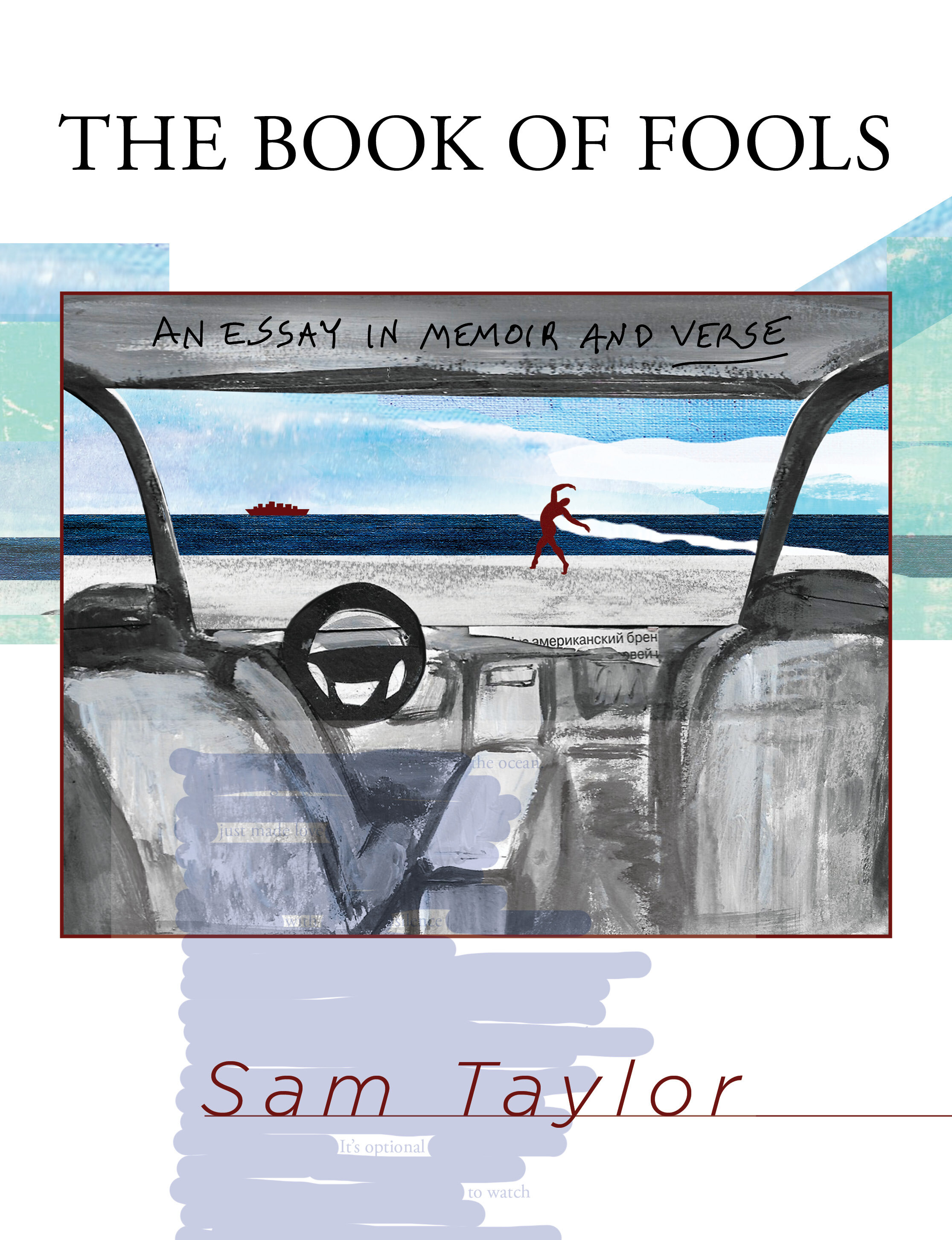
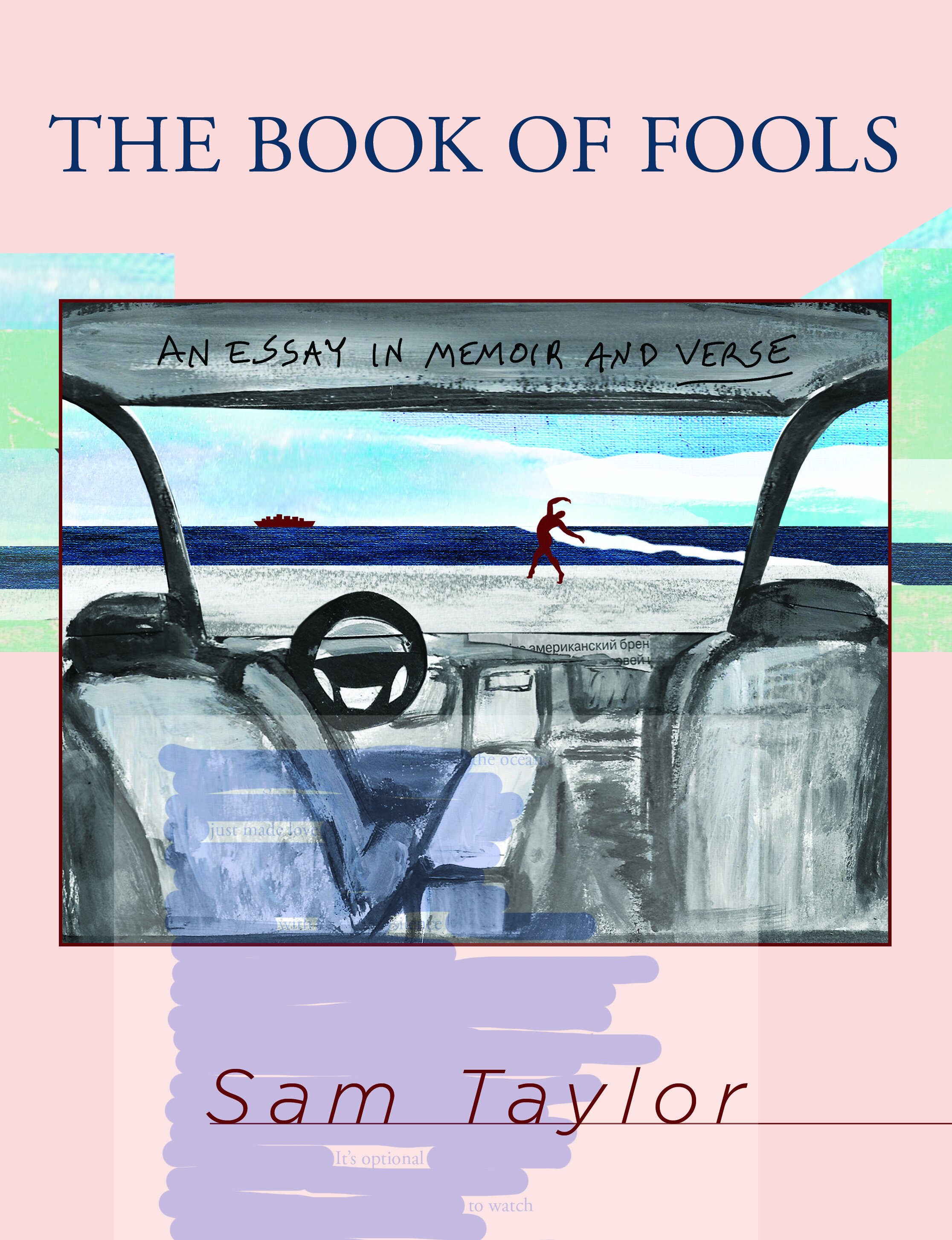
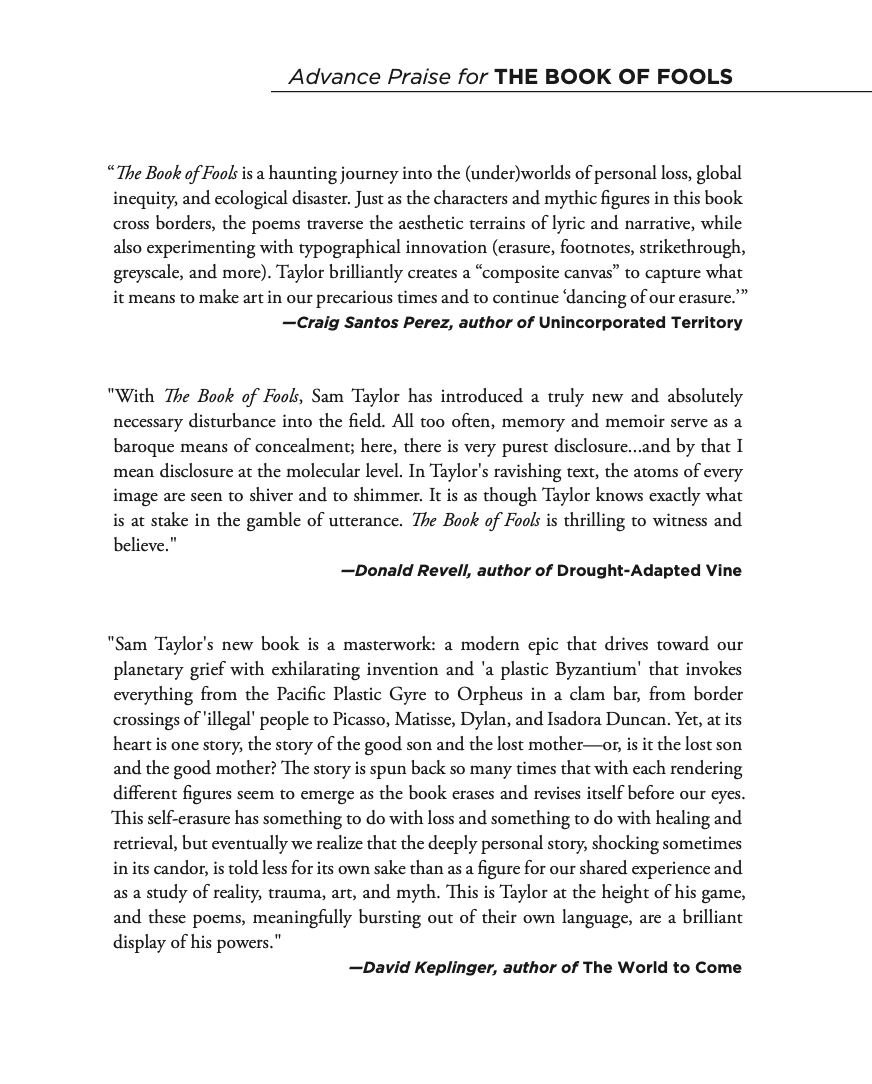
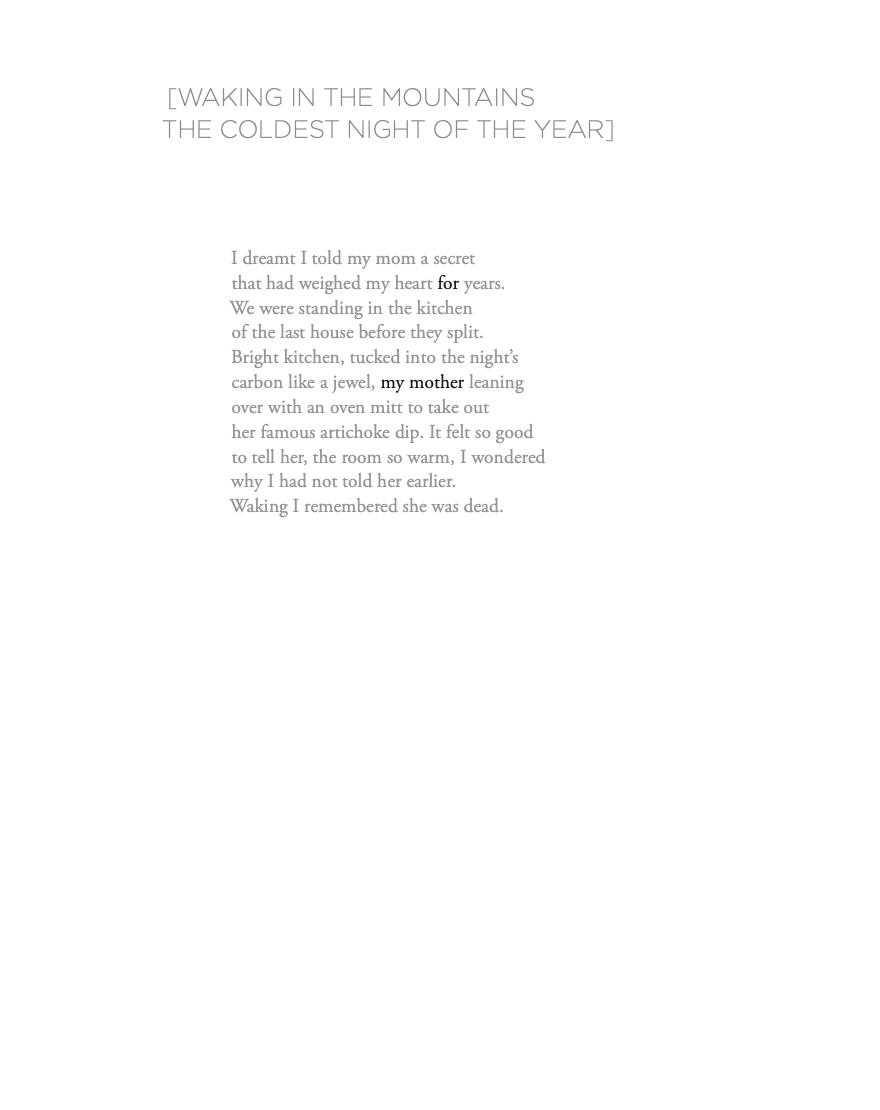
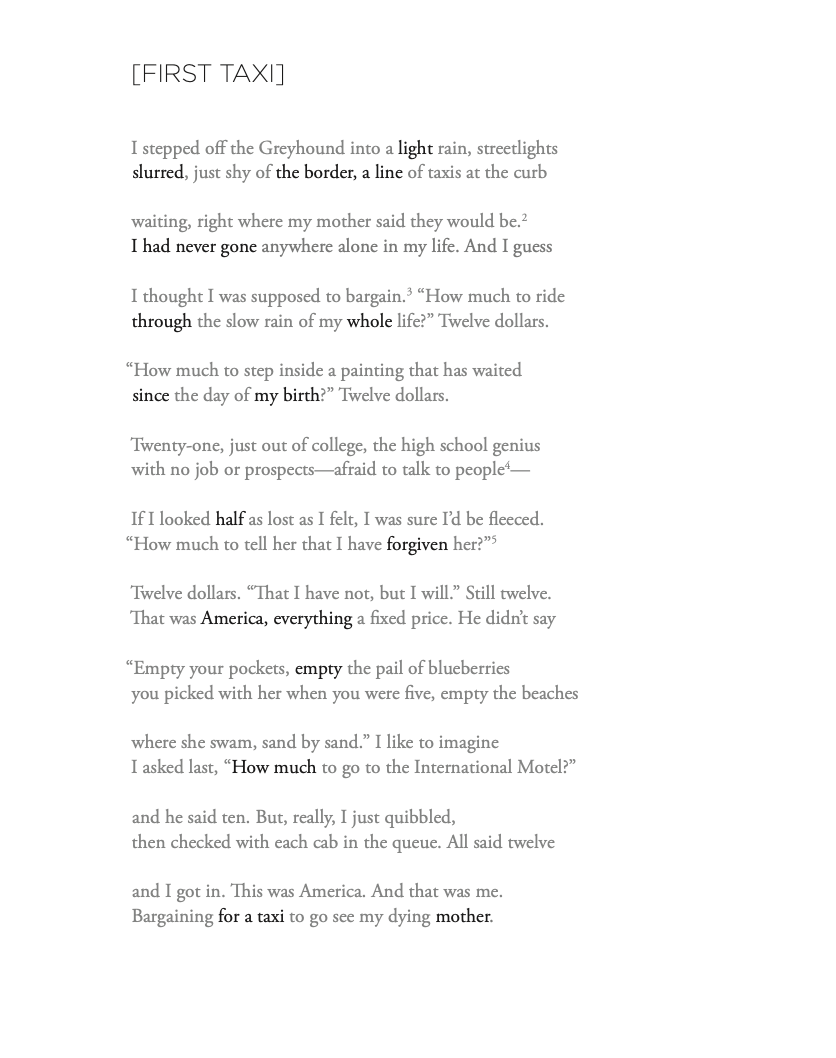
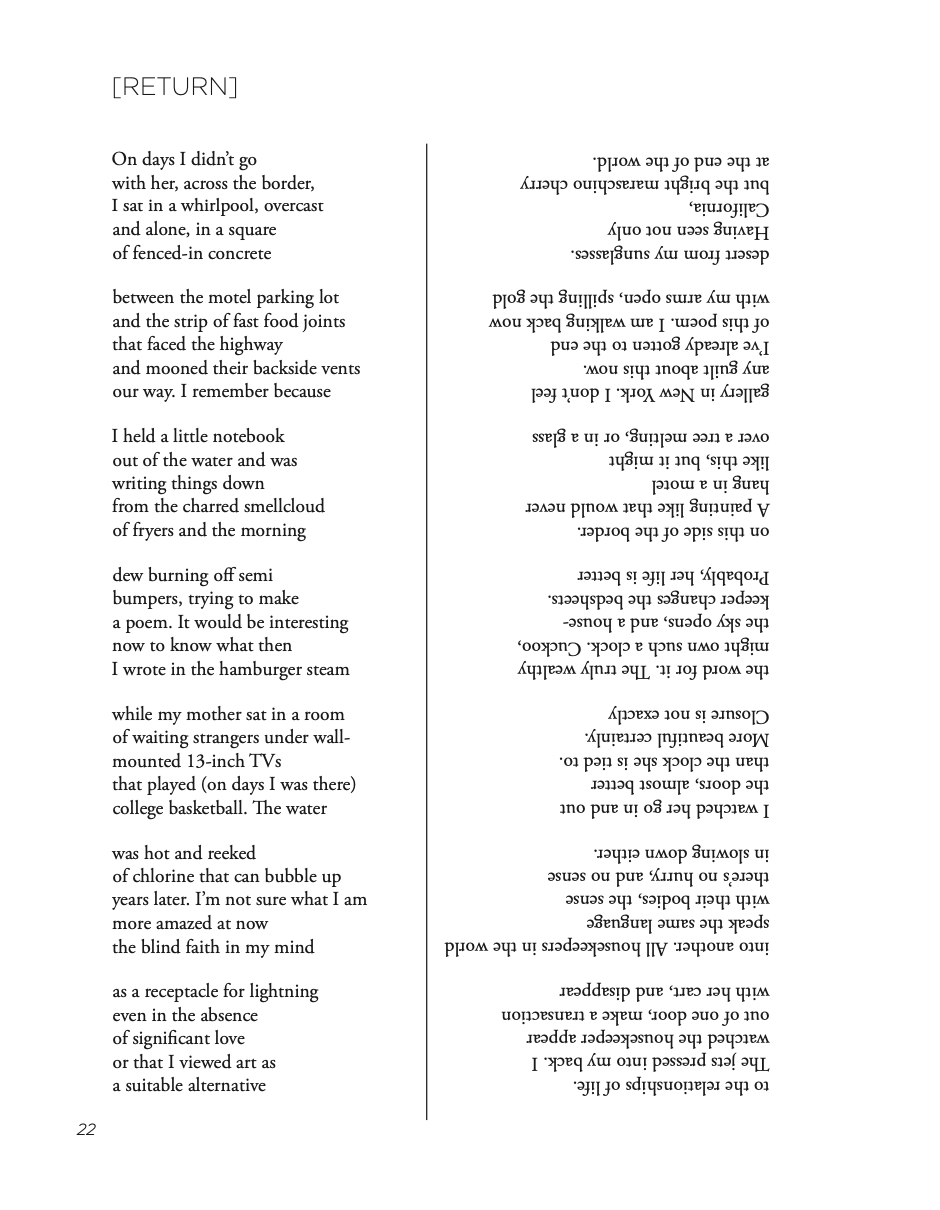
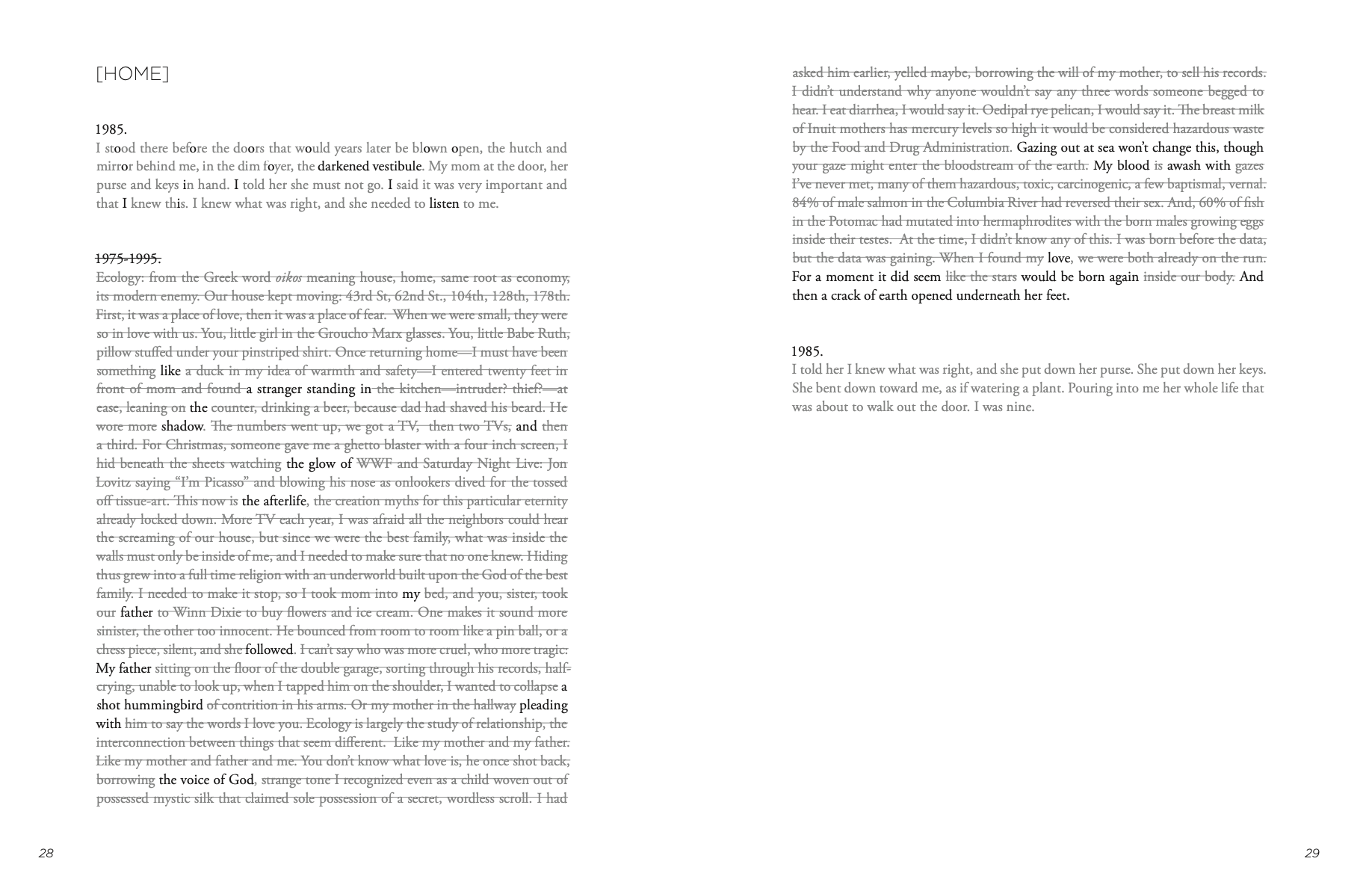
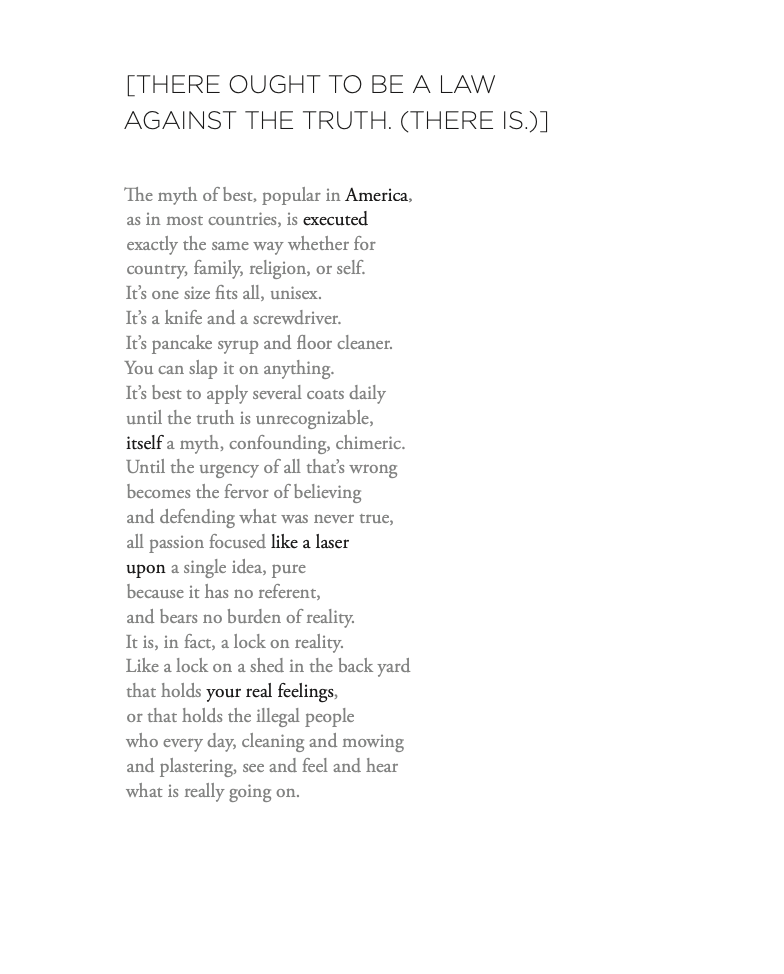
Taylor is the author of two previous books of poems, Body of the World (Ausable) and Nude Descending an Empire (Pitt Poetry Series). Known for poems ranging in theme from ecology to mysticism, sexuality, and social justice, Taylor has made each book a unique statement. Now The Book of Fools offers a grand elegy for our earth in a book-length poem that is deeply personal and highly innovative. The poet David Keplinger called it “a masterwork: a modern epic that drives toward our planetary grief with exhilarating invention.” Donald Revell described it as “[a] ravishing text” and a truly new and absolutely necessary disturbance in the field.” And poet Craig Santos Perez described it as “a haunting journey into the (under)worlds of personal loss, global inequity, and ecological disaster. Just as the characters and mythic figures in this book cross borders, the poems traverse the aesthetic terrains of lyric and narrative, while also experimenting with typographical innovation (erasure, footnotes, strikethrough, greyscale, and more). Taylor brilliantly creates a ‘composite canvas’ to capture what it means to make art in our precarious times.”
Taylor lived for several years as a caretaker for a wilderness refuge that was deserted and snowed-in during the long winter, without phone, electricity, or internet, an experience that helped inspire the enduring ecological commitment in his work. A recipient of the Amy Lowell Poetry Traveling Scholarship and residency awards from the Corporation of Yaddo, the Ucross Foundation, and the Vermont Studio Center, Taylor has published work in such publications as The Kenyon Review, The New Republic, AGNI, EcoTheo Review, Orion, Narrative, Massachusetts Review, Adroit Journal, and Cincinnati Review. His work has been featured or reviewed in Poetry Daily, the PBS NewsHour, Poetry International, Virginia Quarterly Review, and The Los Angeles Review of Books. A former Michener Fellow at UT-Austin, Taylor is an Associate Professor at Wichita State University, where he directs the MFA program and tends a wild garden.
Among its many innovations, the poet’s experiments in “self-erasure” create a polyphonic reading experience and deepen its journey into the underworld. Possibly the first practitioner of self-erasure, Taylor wrote many of the first self-erasure poems in the book in 2010, but continued to work for nearly a decade to shape the larger arc of the book and blend the self-erasure with other innovative structures. The Book of Fools represents the mature fruit of these experiments, a daring book-length poem that takes head on the fate of our planet.
The book will be available in both a text edition ($20) and an illustrated edition ($24) that includes color prints of works by Matisse, Picasso, and Van Gogh, as well as plankton photography by Christian & Noë Sardet. The illustrated edition is also available in a Limited First Edition ($27), available only from the publisher and author, with a vellum flyleaf, illustrations on matte paper, and wider format.


